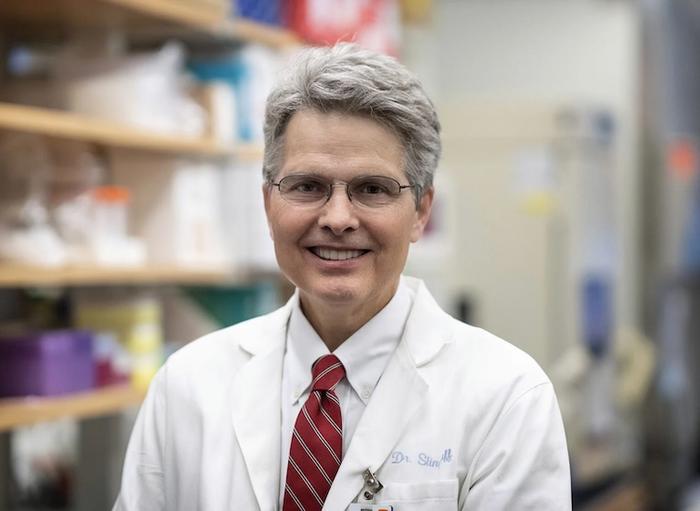A second-generation melanoma vaccine improves long-term survival for melanoma patients, especially among younger men, new research shows.
The vaccine developers enhanced the effectiveness of their first-generation melanoma vaccine by simultaneously stimulating helper T cells to recognize melanoma proteins, in addition to weaponizing killer T cells against melanoma. This approach boosted patient survival and helped prevent reoccurrences of melanoma.
The researchers are not sure why the approach was more effective in men, but they note that biological sex is emerging as an important factor in the outcomes of patients with melanoma.
“These findings support the promise of this second-generation melanoma vaccine for prolonging survival of patients after surgery for high-risk melanoma,” says study author Craig L. Slingluff Jr., MD, a surgical oncologist and translational immunologist at the University of Virginia (UVA) Health and the UVA School of Medicine in Charlottesville. “We hope that we can make this available to patients in addition to other effective immune therapies so that they may have even greater benefit than either treatment alone.”
For the study, researchers tested two different approaches to stimulating both CD4+ helper T cells and CD8+ killer T cells in patients with high-risk melanoma. More than 160 clinical trial volunteers were given, at random, one of two vaccine preparations of purified peptides to stimulate their helper T cells.
Fifteen years after the last participant was enrolled in the trial, overall survival rates were encouraging with both vaccine approaches, but overall survival was better for those with the second-generation vaccine, the study found. Those who benefitted most appeared to be younger men with earlier-stage melanoma.
“We were very excited by these findings and for the promise to improve survival with these vaccines,” Dr. Slingluff says. “Combination of the second-generation vaccine with other immune therapies may further increase the benefit for patients.”
“The differences in benefit based on age and biologic sex highlight the need to understand reasons for those differences so that we can provide the same benefit for all patients,” Dr. Slingluff adds. “We are excited to build on these exciting findings.”
The study appears in Nature Communications.
PHOTO CAPTION: Craig L. Slingluff Jr., MD, and his team at UVA Cancer Center have developed a second-generation melanoma vaccine to treat the dangerous skin cancer.
PHOTO CREDIT: Dan Addison | UVA Health


